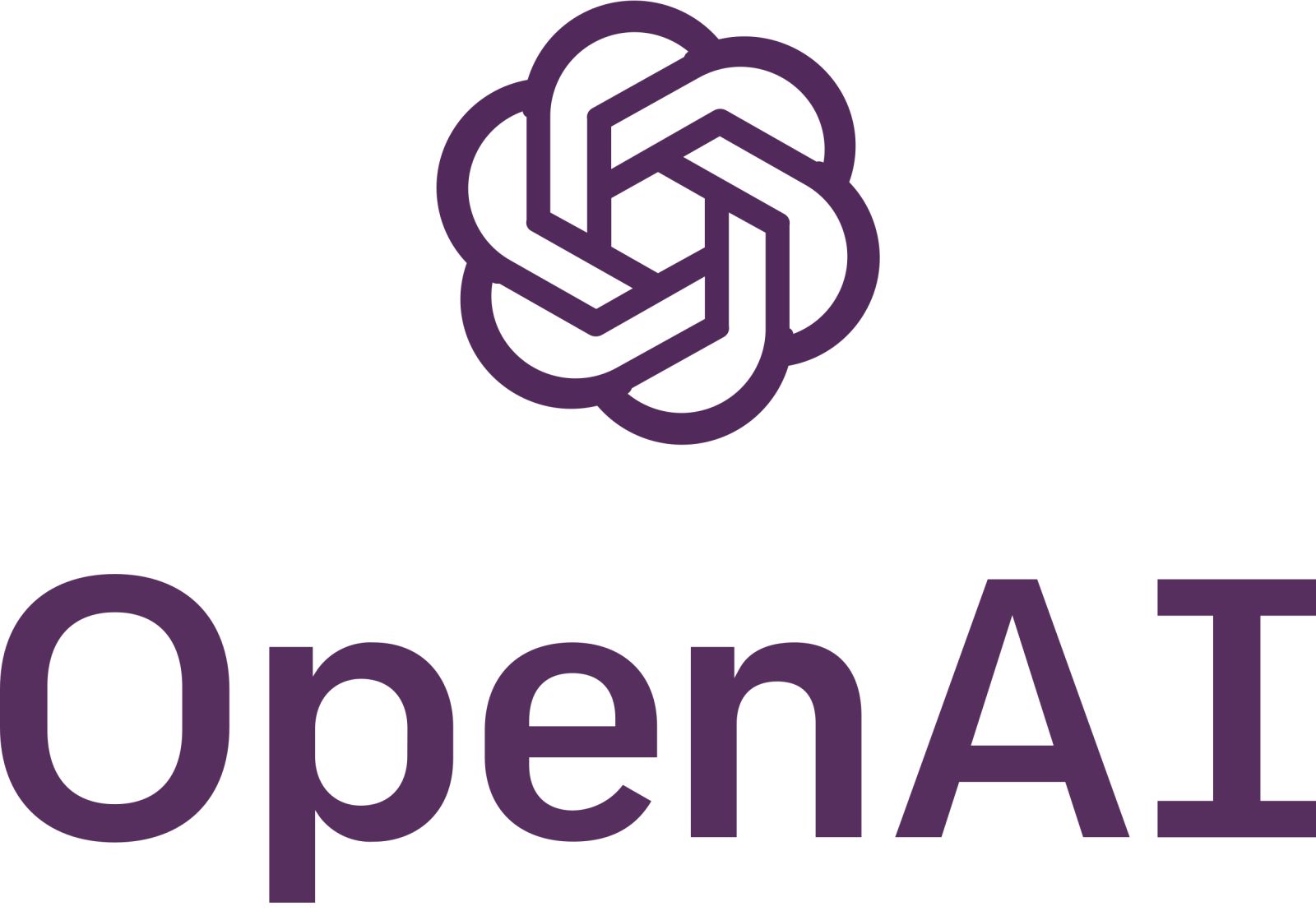Introduction
OpenAI warns that export controls alone are unlikely to stop China's AI progress: Sam Altman believes the strategy is insufficient and highlights black‑market workarounds and local manufacturing as key challenges.
Quick definition: export controls are government restrictions on selling hardware or software intended to limit foreign access to sensitive technologies.
Context
In an interview with CNBC, OpenAI CEO Sam Altman expressed concern about China's AI capabilities and questioned the effectiveness of export controls. Altman pointed to multiple layers — inference capacity, research and product development — and suggested competition is not a simple matter of which country is "ahead."
"I’m worried about China."
Sam Altman, CEO OpenAI
The Problem / Challenge
Export restrictions aim to block access to advanced chips and systems, but practical limits remain: banned GPUs can appear via illicit channels, and countries can build fabs or other workarounds. Nvidia's Jensen Huang has similarly criticized export controls as ineffective and harmful to U.S. tech leadership.
Key problem elements
- Illicit channels reportedly bring banned GPUs into China
- Local chip production or alternative technical solutions can mitigate restrictions
- Scaling compute and access to large power supplies can offset hardware gaps
Solution / Approach
Altman implies that relying solely on export controls is inadequate: policies should address the full ecosystem from research to product. The provided text does not prescribe a single fix but stresses the need for multi‑layered strategies that account for production and market workarounds.
Risks and limits
Banned hardware can still circulate via black markets; there are reports of prohibited Nvidia GPUs entering China, sometimes even pre-release models. Encouraging domestic hardware reduces reliance on foreign suppliers but may be offset by scale and energy availability.
Conclusion
OpenAI and Sam Altman raise concrete doubts about export controls as a standalone tool to contain China's AI ascent. The takeaway: isolated policies risk circumvention; broader and more nuanced strategies are required.
FAQ
Frequently asked questions about OpenAI, exports and China
- Why does OpenAI say export controls aren't enough?
Altman notes that controlling a single component can be bypassed by technical workarounds, local fabrication, or illicit markets. - Is OpenAI worried about China's AI leadership?
Yes; Altman explicitly said "I'm worried about China," citing concerns across inference, research and products. - Do export controls stop banned GPUs?
Not entirely: the source reports instances where prohibited GPUs reportedly reached China through unofficial channels. - Can China offset weaker hardware?
Yes: the text indicates that scale and abundant power resources can compensate for hardware performance gaps.
Source summary: statements from an interview with CNBC featuring Sam Altman and references to industry comments about export controls.
